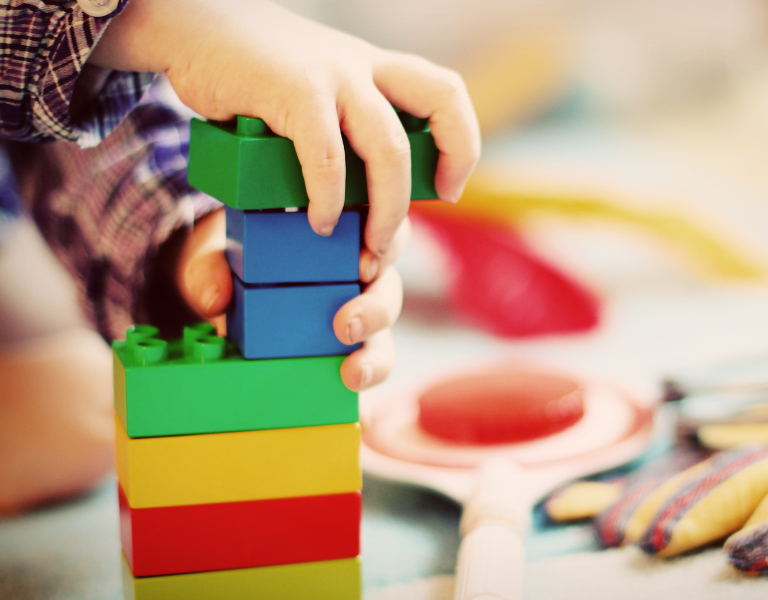
Fiona McHardy Research & Information Manager
When we think about children and young people’s needs, we often think about parents and caregivers as the central people in their lives. We don’t immediately consider the structures that support them, but these are critical to the success of those parenting and caregiving. This may especially apply when we are talking about families separating and how households are supported through that change.
I am currently working on a research project around Child Maintenance to understand what financial support is provided to parents and caregivers when they separate. It’s a complex and messy area of policy but an important one. We know in Scotland there are thousands of parents requiring child maintenance arrangements, so the issue of child maintenance is being discussed in households up and down the country. Yet questions need to be asked about how much support there is for families with these issues.
Talking about money is often a taboo subject. When separation is involved difficult emotions and experiences, including abusive behaviour also come into play. The system offering support with this is the Child Maintenance Service (CMS) . However, as the service that has taken over from the much-lamented Child Support Agency (CSA) 10 years ago there is a need to ask whether we are doing any better at supporting families in Scotland and across the UK.
In my work I often talk about the importance of systems change. Thinking about interactions with systems, structures, institutions, norms, cultures, and many other things that shape daily lives. When we think about this in relation to child maintenance, we need to consider the Child Maintenance System (CMS), family circumstances, levels of household income, employment status and many other areas interact and crucially how families are supported to navigate this. From our work at Poverty Alliance, it is clear the financial harm that inadequate or lack of maintenance arrangements can bring to families in particular those group who already face problems with the risks of poverty such as lone parents, over 90% of whom are women.
In our forthcoming research, we will share experiences of child maintenance and what is required to support families more effectively. Learning about the systems and experiences of child maintenance is vital to help us provide better outcomes for children and young people alongside parents and caregivers. Systems can be redesigned and altered to bring more effective support in establishing and sustaining of child maintenance agreements.
Given the ongoing review at Westminster into Child Maintenance there is a key opportunity to improve things for the better in 2023. This is more important than ever as families search for ways of improving financial sustainability in the cost-of-living crisis. Our joint research with the Scottish Women’s Budget Group showed that women were experiencing deepening poverty during the crisis. With women accounting for the vast majority of those in receipt of child maintenance, ensuring the system works well is key to giving women access to adequate incomes.
Whilst child maintenance is often an overlooked issue in social policy there is a need to think much more critically about the integration of this within other systems and policy areas in both Scotland and the UK. It is telling in the Scottish Child Poverty Delivery plan there is no direct mention of child maintenance, yet single parents are a core group in the priority need group.
We’ll be publishing our findings in the Spring. Working with Fife Gingerbread we will make recommendations to help guide work supporting families to have more effective and sustainable child maintenance arrangements.


Enter your email address to receive regular e-updates about our work. If at any time you want to stop receiving these, simply contact us. We’ll keep your details safe and won’t share them with any other organisations for their marketing purposes. For full details see our Privacy Policy.